An international contingent of scholars gathered for a two-day conference this week at APPC on the role of attitudes, for the forthcoming second edition of The Handbook of Attitudes.
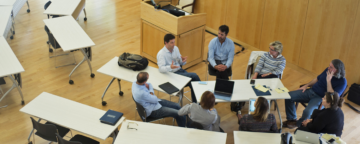

An international contingent of scholars gathered for a two-day conference this week at APPC on the role of attitudes, for the forthcoming second edition of The Handbook of Attitudes.
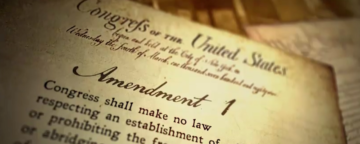
The Annenberg Classroom documentary on the First Amendment, “Freedom of the Press: New York Times v. United States," has been honored in the Best Shorts Competition and others.
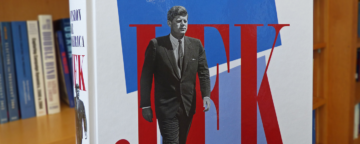
In "JFK: A Vision for America," a compendium of John F. Kennedy's speeches, Kathleen Hall Jamieson has an essay on how Kennedy used live TV press conferences to explain policy and govern.
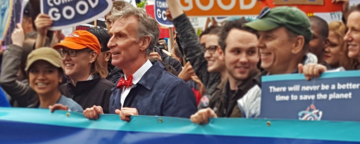
"Bill Nye Saves the World," recently debuted on Netflix. In a new article, postdoc Heather Akin asks if more facts are "the kryptonite" that will stop the seeming spread of "anti-science" sentiment.
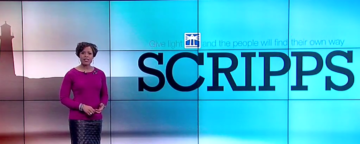
The E. W. Scripps Company and TV station KUSA in Denver have won the 2017 Cronkite/Jackson Prizes for Fact Checking Political Messages, USC's Lear Center and APPC said.
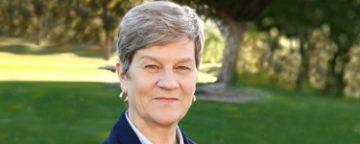
In a Sackler Colloquium address, Kathleen Hall Jamieson discussed how science can get distorted as it is communicated and how it can be more faithfully presented.
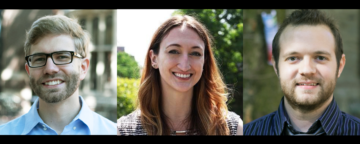
APPC postdoctoral fellows presented their research overseas, speaking on GMOs and risk perceptions at a Society for Risk Analysis forum in Italy and on publication bias at a talk in Germany.

APPC researchers urge scientists to engage with the public on scientific issues but caution them to carefully choose their audiences and avoid two-sided debates explicitly framed as conflicts.

Researchers from the Annenberg Public Policy Center presented work on public attitudes toward science at the American Association for the Advancement of Science meeting in Boston.
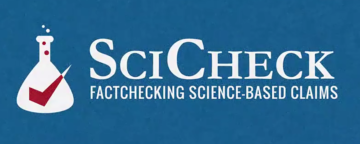
FactCheck.org announced that it has received a third year of funding from the Stanton Foundation to support SciCheck, which focuses on false and misleading political claims about science.